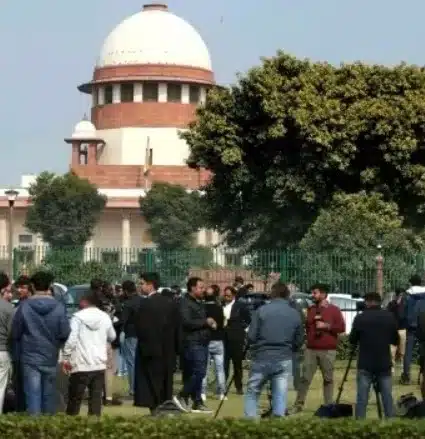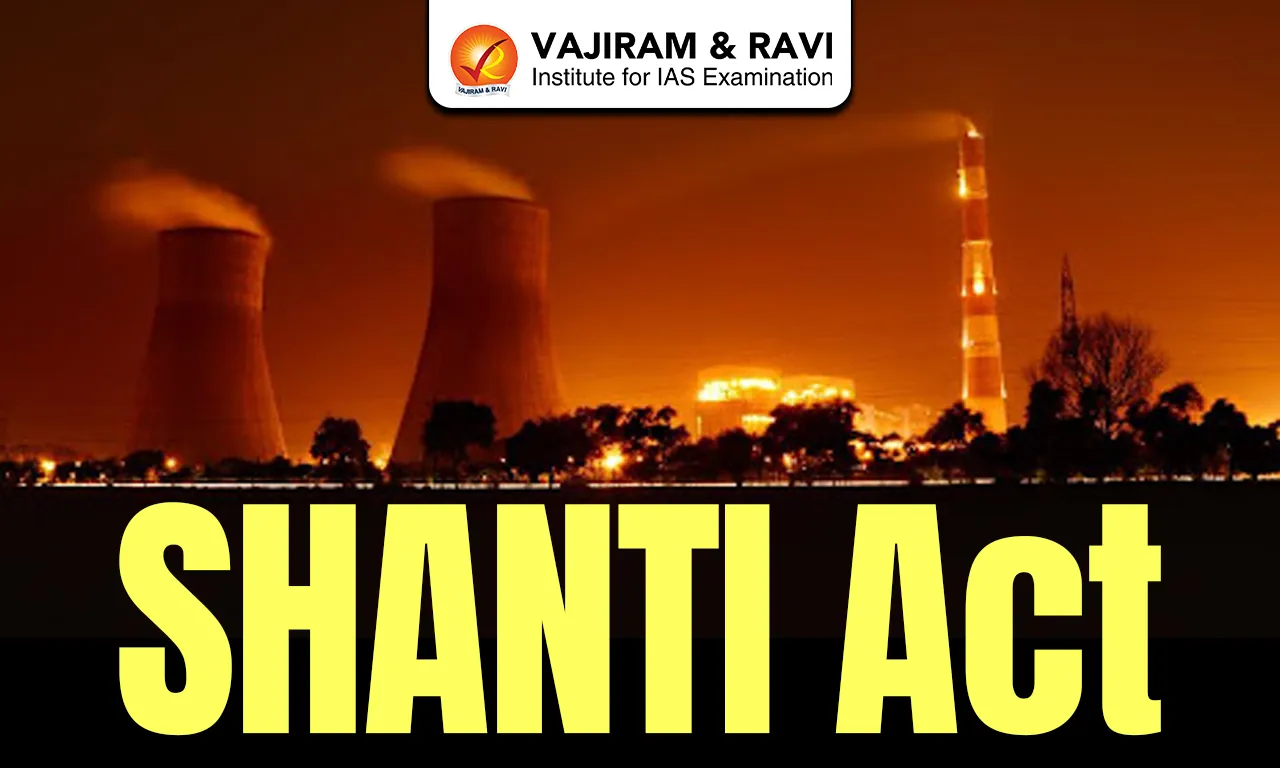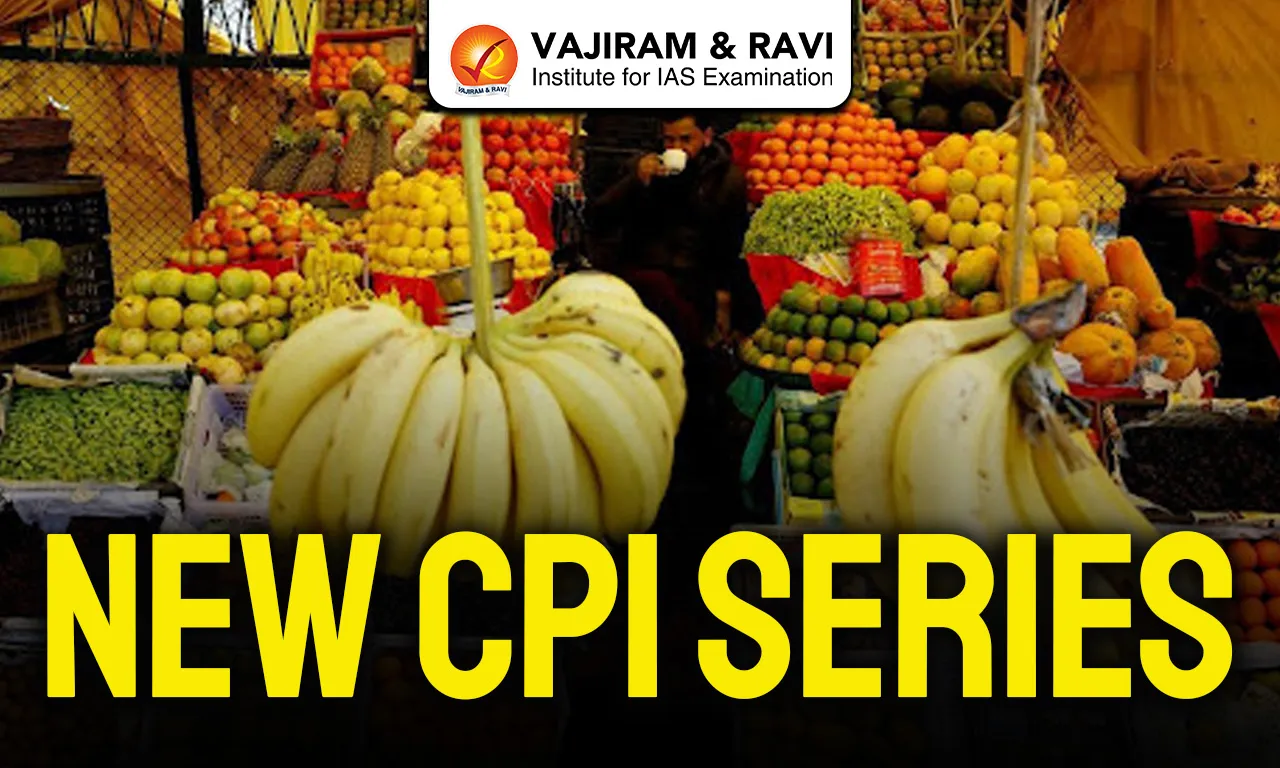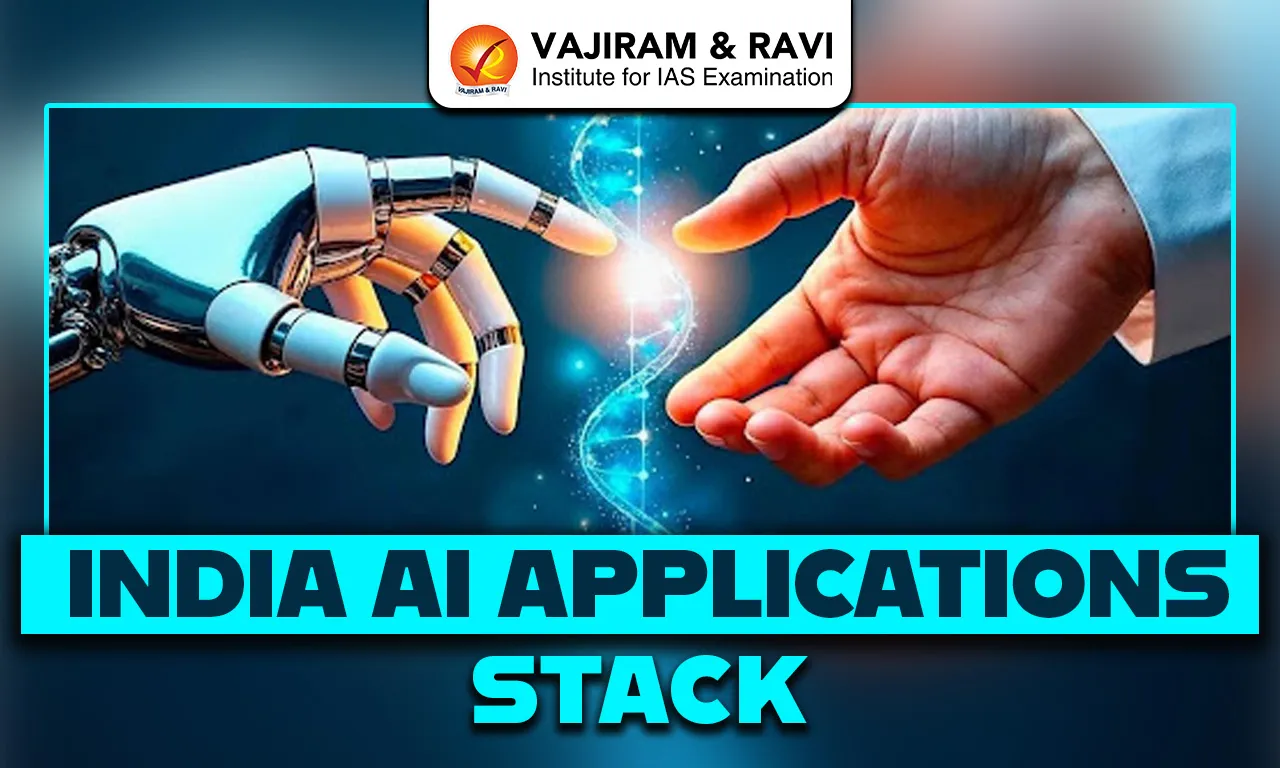What’s in today’s article?
- Why in news?
- Existing system before the introduction of EBS
- The Verdict of the Supreme Court
- Directions issued by the court
- Analysis of the recent verdict
Why in news?
- Along with the Electoral Bonds Scheme (EBS), the Supreme Court struck down several amendments that the government made in key laws to facilitate corporate donations to political parties.
- The amendments were made through The Finance Act, 2016, and The Finance Act, 2017, before the EBS was introduced in January 2018.
Existing system before the introduction of EBS
- Situation before The Finance Act 2016, and The Finance Act 2017
- Before the two Finance Acts were passed, political parties were required to;
- declare all contributions more than Rs 20,000 with no exceptions, and
- maintain a record of all donations more than Rs 20,000 for purposes of taxation.
- Also, there was a cap on the amount of money that a company could donate to a political party in a financial year.
- Companies could contribute a maximum of 7.5% of their average net profits from the preceding three years.
- Before the two Finance Acts were passed, political parties were required to;
- Amendments introduced through The Finance Act, 2017
- The Finance Act of 2017 amended several key laws including the Representation of the People Act, 1951, the Income-tax Act, 1961, and the Companies Act, 2013.
- These changes introduced electoral bonds, which significantly eased restrictions on political party funding.
- Electoral bonds removed donation limits for companies and eliminated the need to declare and maintain records of donations made through them.
The Verdict of the Supreme Court
- Recent judgment by the Supreme Court has restored the status quo that existed before the Finance Act, 2017 was passed, in all of these statutes.
- The Representation of the People Act, 1951
- Section 29C of the Act requires political parties to prepare a report detailing the donations received by them in a financial year.
- Parties are required to declare all contributions higher than Rs 20,000 in this report, and specify whether they were received from individual persons or from companies.
- Finance Act 2017 and amendments in RPA 1951
- The Finance Act, 2017, amended the RP Act to include an exception to Section 29C.
- It said that the requirement to declare all donations in excess of Rs 20,000 would not apply to donations received through Electoral Bonds.
- SC Judgement and RPA 1951
- The Supreme Court struck down the amendment.
- It observed that the original requirement to disclose contributions of more than Rs 20,000 did an effective job of balancing voters’ right to information with the right to privacy of donors.
- Donations below this threshold were far less likely to influence political decisions.
- The Companies Act, 2013
- Section 182(1) of the act placed a cap on the amount of money a company could donate in a single financial year, limiting it to 7.5% of the company’s average net profits during the previous three financial years.
- Section 182(3) required a company to disclose any amount contributed to any political party along with the particulars of the amount donated and the name of the receiving party.
- Finance act 2017 and the Companies Act
- This section was amended to remove the cap on the amount of money a company could donate to a political party.
- Also, only the total amount contributed had to be disclosed — and the company would no longer be required to declare which political party it had sent a donation to, nor the specific amount.
- SC Judgement and Companies Act 2013
- The court struck down this amendment.
- It observed that “permitting unlimited corporate contributions authorises unrestrained influence of companies in the electoral process”.
- The Income-tax Act, 1961
- Section 13A(b) of The Income-tax Act says that a political party shall not include voluntary contributions as part of its total income.
- However, it is required to maintain a record of all contributions received that are above Rs 20,000.
- This record must include the name and address of the person who has made the donation.
- Finance Act 2017 and Income Tax act
- The Act amended this section to include the words “other than contribution by way of Electoral Bond”.
- Also, a new Section 13A(d) was added, which required that all donations exceeding Rs 2,000 must be given through certain methods, which included Electoral Bonds.
- SC Judgement and Income Tax Act
- The court held that exempting political parties from maintaining a record of donations received through Electoral Bonds would violate the right to information of voters under Article 19(1)(a) of the Constitution.
- The court struck down both the amendment to Section 13A(b), and the new Section 13A(d).
Directions issued by the court
- Direction to SBI
- The SBI has been ordered to;
- immediately stop the issuance of any further electoral bonds and
- Furnish details of such bonds purchased by political parties since April 12, 2019, to the ECI by March 6.
- Such details must include the date of purchase of each bond, the name of the purchaser of the bond and the denomination of the bond purchased.
- The SBI has been ordered to;
- Directions to Election Commission of India
- The ECI shall subsequently publish all such information shared by the SBI on its official website by 13 March 2024.
- Direction towards return of electoral bonds
- Electoral bonds that are within the validity period of fifteen days but have not yet been encashed by the political party will have to be returned following which the issuing bank will refund the amount to the purchaser’s account.
Analysis of the recent verdict
- The Supreme Court has set a higher standard for the state to justify encroaching on a fundamental right,even when its action is perceived to further a competing right.
- It ruled that the state must demonstrate that its action is the “least restrictive” and that no other “equally effective” methods exist to achieve its objective.
- The judicial approach in balancing two fundamental rights has largely been done by attaching significance to one right over the other.
- The court has also, in several cases framed this debate by placing public interest over individual fundamental rights which gave the state an upper hand.
- For example, in 2018, the Supreme Court had restricted the right to protest around Delhi’s Jantar Mantar to give effect to the right to a peaceful residence and the state’s power to regulate such activities.
Q1) What is State Bank of India (SBI)?
State Bank of India (SBI) is a public sector bank and financial services company owned by the Government of India. It was nationalized in 1955 and is headquartered in Mumbai, Maharashtra. SBI has thousands of branches across India and offices in other countries.
Q2) What is Finance Act?
The Finance Act is a fiscal legislation enacted by the Indian Parliament once a year. It is a crucial financial document that outlines the tax proposals and budgetary allocations of the Indian government for the fiscal year. The Finance Act contains provisions relating to income taxes, customs, excise, Central and Integrated GST and other cess, exemptions, and reliefs.
Source: Electoral Bonds: How SC struck down amendments in three key laws, restored status quo restricting political donations | Indian Express | The Hindu
Last updated on February, 2026
→ UPSC Notification 2026 is now out on the official website at upsconline.nic.in.
→ UPSC IFoS Notification 2026 is now out on the official website at upsconline.nic.in.
→ UPSC Calendar 2026 has been released.
→ Check out the latest UPSC Syllabus 2026 here.
→ Join Vajiram & Ravi’s Interview Guidance Programme for expert help to crack your final UPSC stage.
→ UPSC Mains Result 2025 is now out.
→ UPSC Prelims 2026 will be conducted on 24th May, 2026 & UPSC Mains 2026 will be conducted on 21st August 2026.
→ The UPSC Selection Process is of 3 stages-Prelims, Mains and Interview.
→ Prepare effectively with Vajiram & Ravi’s UPSC Prelims Test Series 2026 featuring full-length mock tests, detailed solutions, and performance analysis.
→ Enroll in Vajiram & Ravi’s UPSC Mains Test Series 2026 for structured answer writing practice, expert evaluation, and exam-oriented feedback.
→ Join Vajiram & Ravi’s Best UPSC Mentorship Program for personalized guidance, strategy planning, and one-to-one support from experienced mentors.
→ UPSC Result 2024 is released with latest UPSC Marksheet 2024. Check Now!
→ UPSC Toppers List 2024 is released now. Shakti Dubey is UPSC AIR 1 2024 Topper.
→ Also check Best UPSC Coaching in India






















